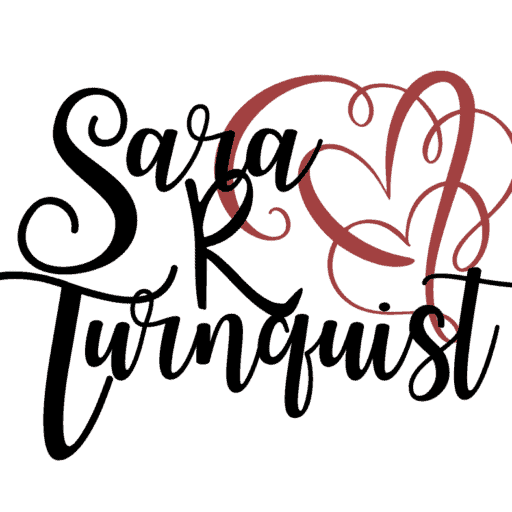I have written before about reviews and how I handle them…and some tips for others. But, today, I want to dig a little deeper and discuss the difference between CRITIQUE and CRITICISM. I have received both in my life and in my writing career. Once upon a time, I was an Educator for the Disney Company (teaching animal science at Disney’s Animal Kingdom), and it was a “high feedback location”. Meaning…we gave each other a lot of advice, pointing out strengths and “opportunities for growth” among our peers. Don’t get me wrong, I came to enjoy it. That kind of feedback only makes you stronger and better at what you do. But what about when it’s not so helpful? Is it then criticism? Or not?
CRITIQUE
What does Webster say about “critique”?
CRITIQUE: (noun) a detailed analysis and assessment of something, especially a literary, philosophical, or political theory; (verb) evaluate (a theory or practice) in a detailed and analytical way.
I like to thing of critiques as an honest, unbiased view of someone’s work. The intent is to help someone improve the work or their craft. The language used in a critique is overly positive and helpful, while still pointing out opportunities for improvement. The receiver of the critique may not alway like it (as the critique giver may point out flaws and errors), but it is not intended to be antagonistic or hurtful.
CRITICISM
Let’s check out Webster’s thoughts here…
CRITICISM: the expression of disapproval of someone or something based on perceived faults or mistakes; the analysis and judgment of the merits and faults of a literary or artistic work.
Criticism, by definition (as you can see) is expressing disapproval. The language is generally overly negative. And the intent is not always to help the artist. I’m gonna say it…sometimes it is just as your mother said…someone making themselves feel better by pushing another down. There will be a complete lack of positives in a review that falls into the “criticism” category.
So what?
How does this help you? Understanding and identifying the difference will help you handle the feedback. Critiques should be taken at face value. There will most likely be some valuable insight for you to mull over at the very least. Criticisms, on the other hand, may not have anything helpful and you may just need to dismiss them out of hand. It is art, it is subjective…if the feedback is not going to better you or your work, let it fall by the wayside.
Feedback and reviews are inherently a nothing more than a meter stick for you. How is your work being received? Even if the answer is “not well”, don’t let that discourage you. It is YOUR art. Take what you can from the critiques, banish the criticisms from mind, and move forward.


